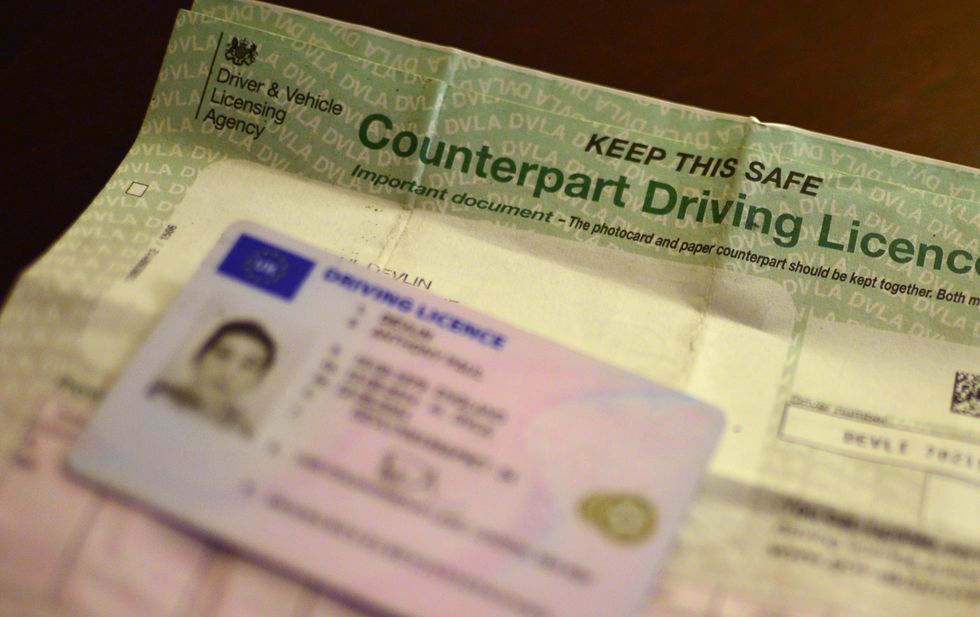
Drivers are advised to tell the Government about any potential scam messages they receive
PA
Motorists are urged to never give out their personal motoring information to others
Don't Miss
Most Read
Latest
The Driver and Vehicle Licensing Agency (DVLA) is warning drivers to keep their motoring documents protected to ensure they do not get scammed.
The V5C log book, or vehicle registration certificate, is a vehicle’s proof of registration issued by the DVLA.
Posting on X, formerly known as Twitter, the DVLA urged motorists to stay safe online and not let other people see their personal information.
It added: “Don’t share photos of your V5C log book on social media or selling sites, as scammers can use them for identity theft.”
WATCH NOW: Britons warned of scams
The document is not proof of ownership, but does show who is responsible for registering and taxing the vehicle.
Some websites, emails and phone numbers may look legitimate and part of a Government service as scammers become more sophisticated.
The DVLA warns that some imitation messages could make drivers pay for services that would normally be free or cheaper when using the official Government service.
Any suspicious emails can be forwarded to a Government email which will prompt the National Cyber Security Centre (NCSC) to investigate it.
Motorists can also forward suspicious text messages to 7726 – a free service which will report the message to their mobile phone provider.
People should also keep an eye out for scammers trying to trick them into handing over their driving licence details, which is especially common when they need to renew their licence.
Some third-party companies have charged elderly drivers money to renew their licence, even though it is free to do so when they turn 70 with the DVLA.
The DVLA has also advised drivers on how they can get a vehicle log book if it has been lost, stolen or damaged.
Car owners can get a duplicate V5C log book online or by phone if the details are the same, with the document being posted to the address on the DVLA’s database.
If someone needs to amend their details, they can change their name, address and vehicle details using the DVLA’s online services.
Other changes include if a person has bought, sold or transferred a vehicle, or if they did not get a V5C with their new vehicle.
The service usually costs £25 and drivers can pay by credit or debit card, although drivers cannot get a refund once they’ve used the service.
LATEST DEVELOPMENTS:

Some elderly drivers have been scammed when trying to renew their licence
PA
When applying online, drivers will need the registration number of the vehicle, the vehicle identification number (VIN) or chassis number of the vehicle and the name and postcode registered to the V5C.













